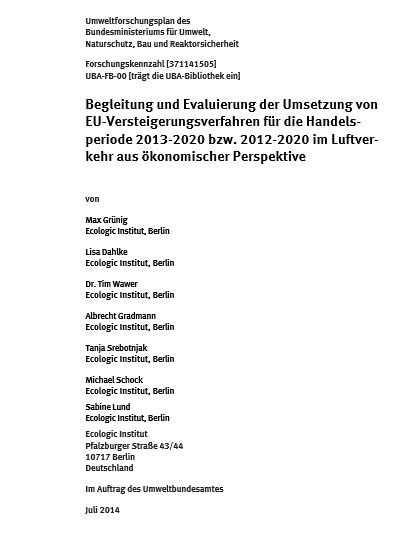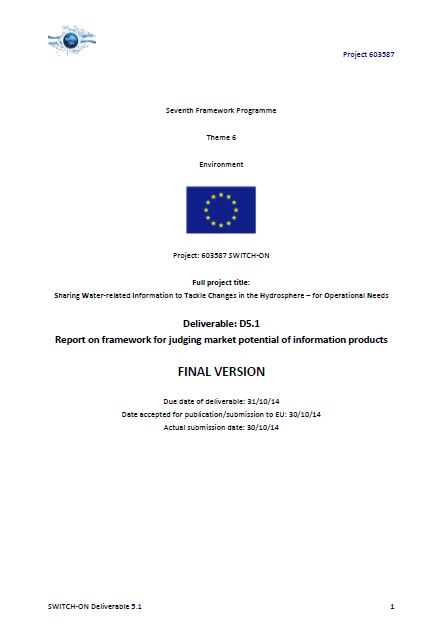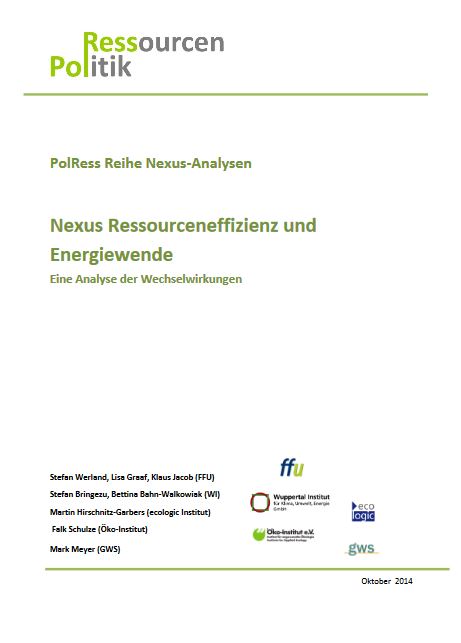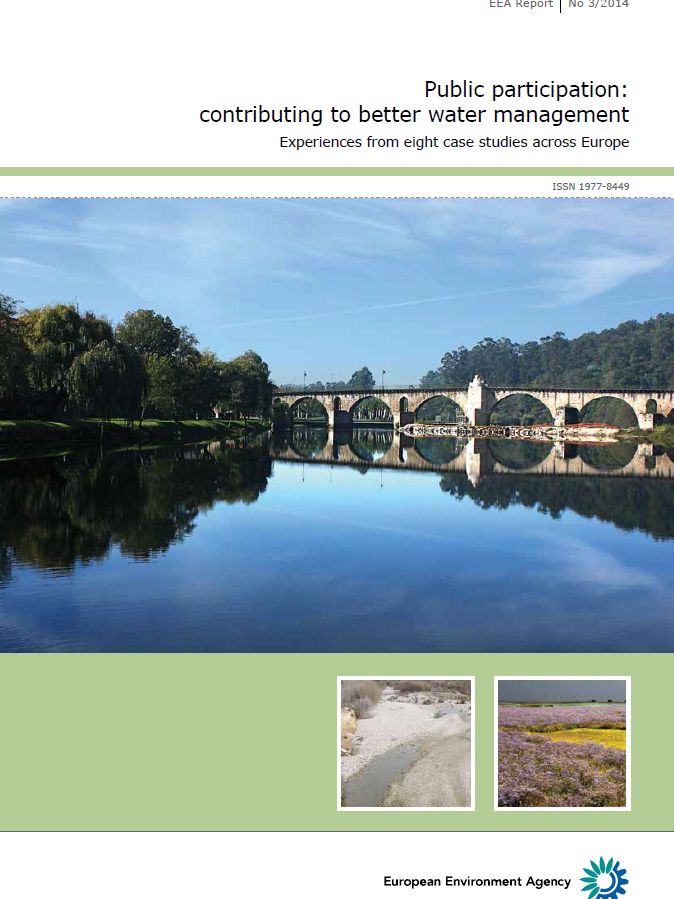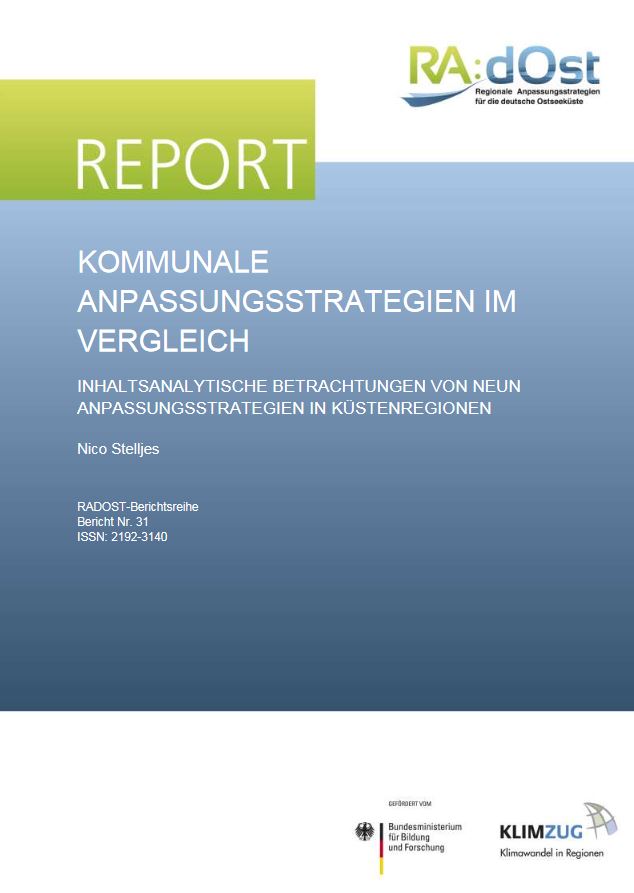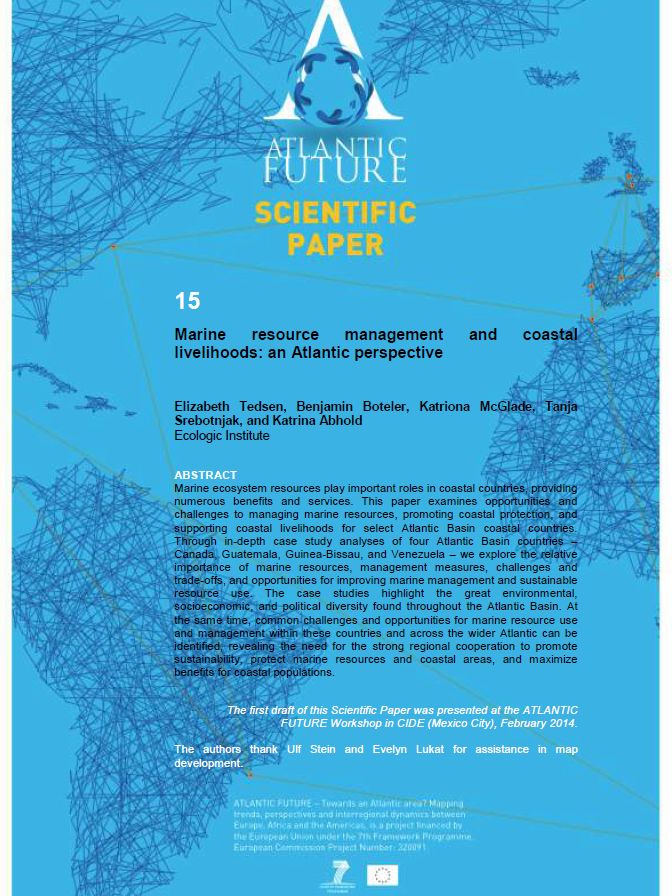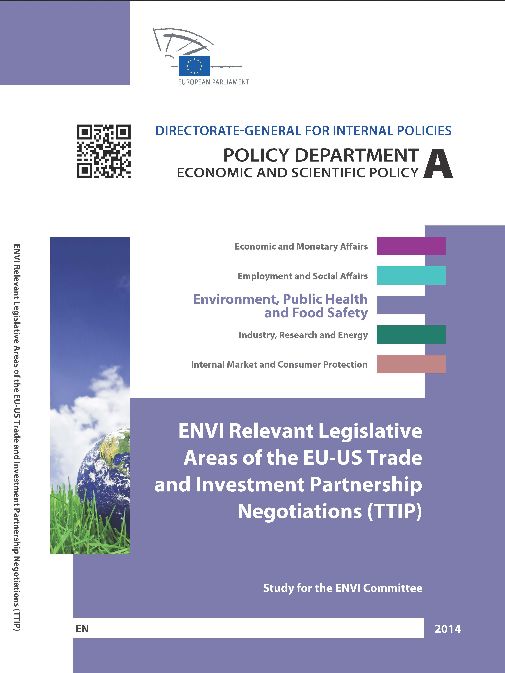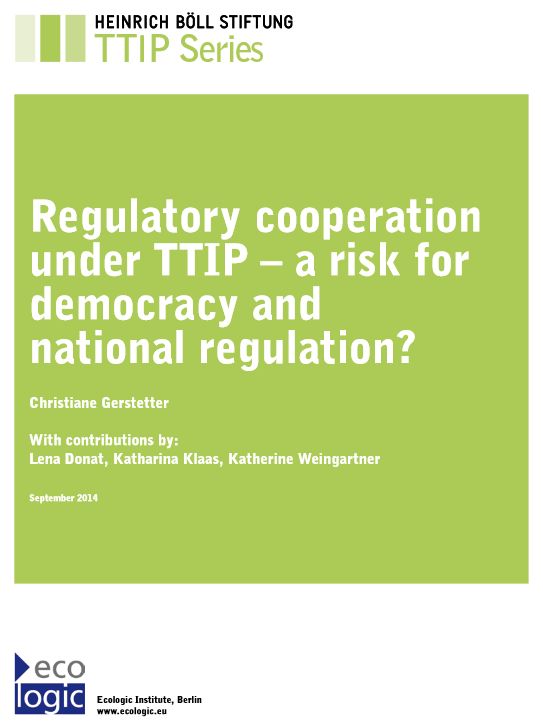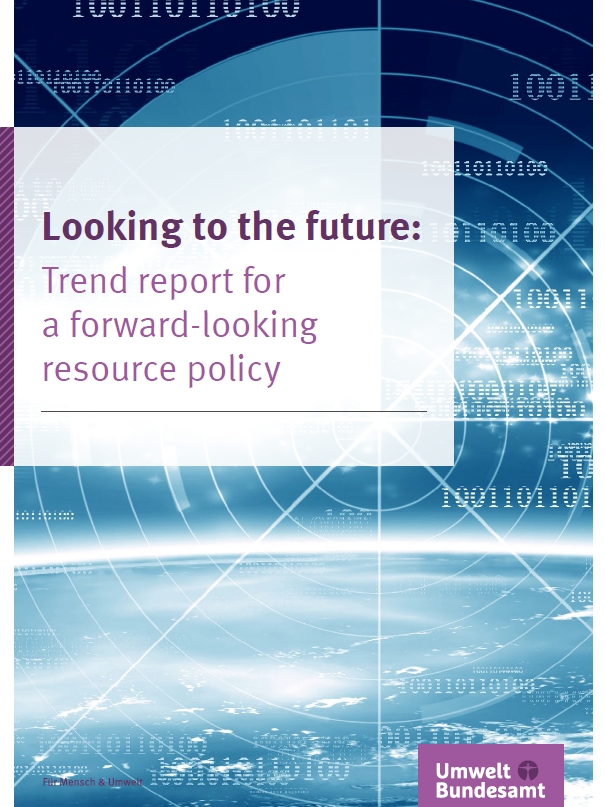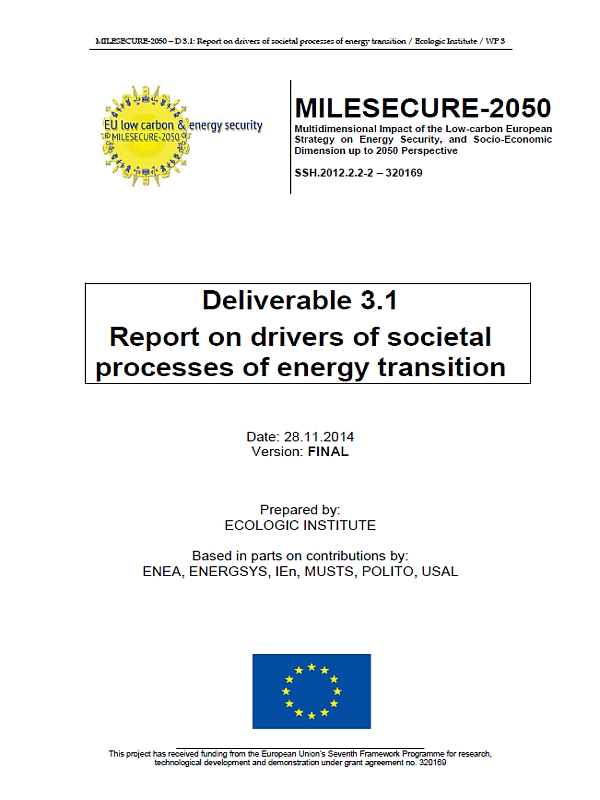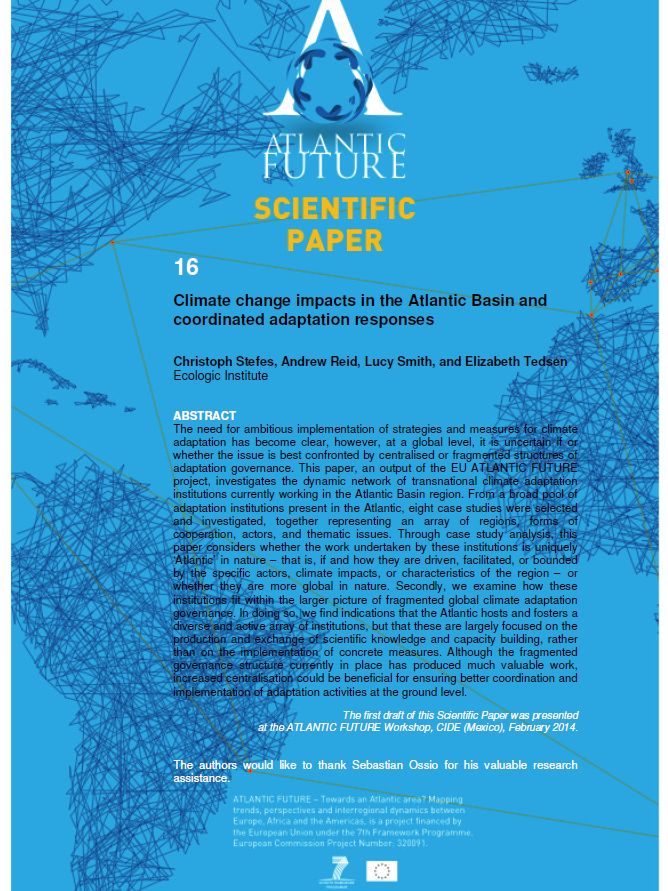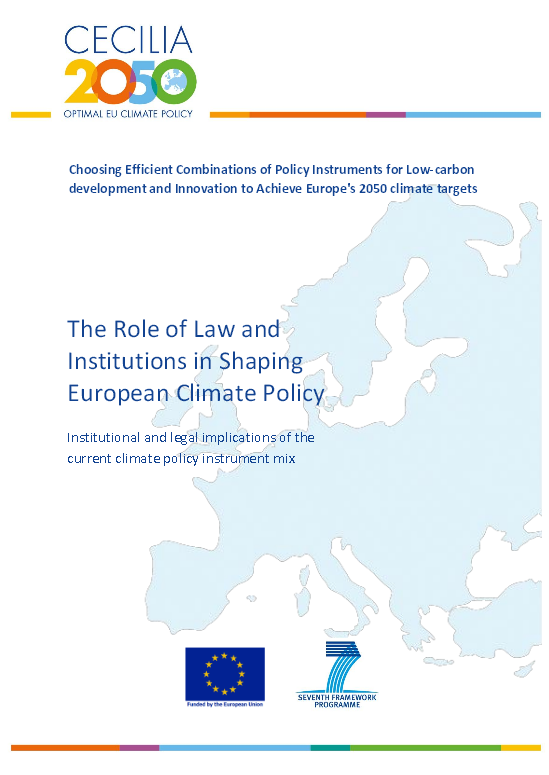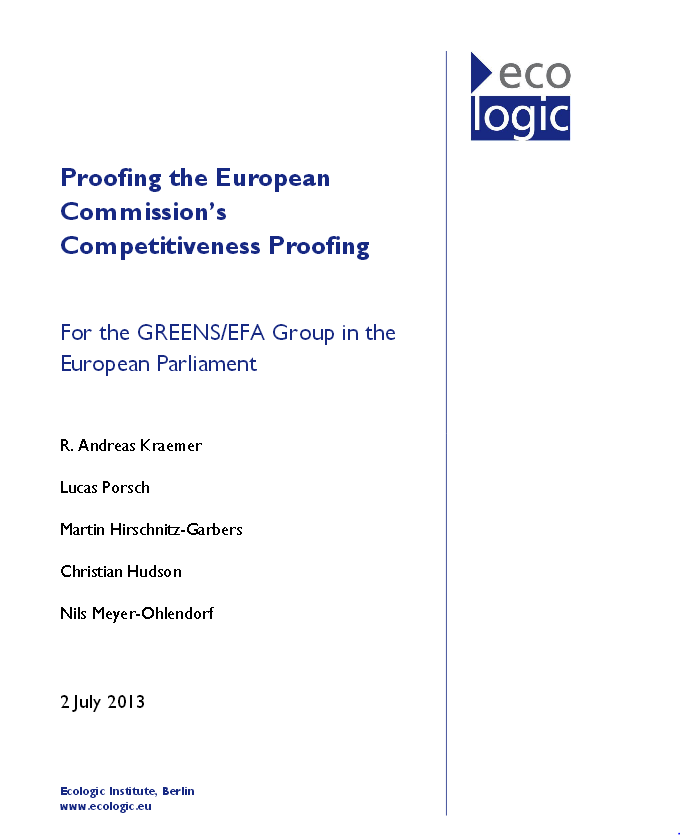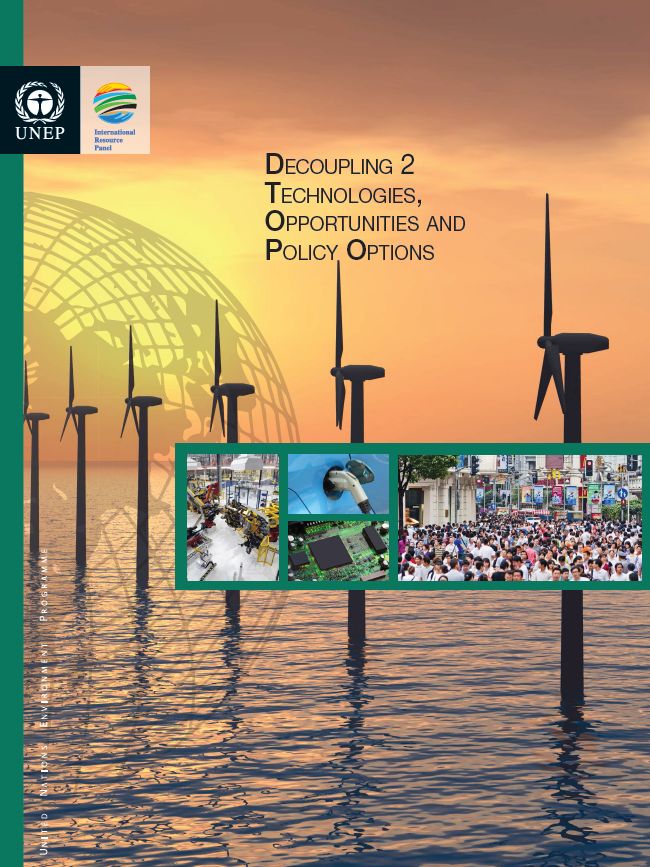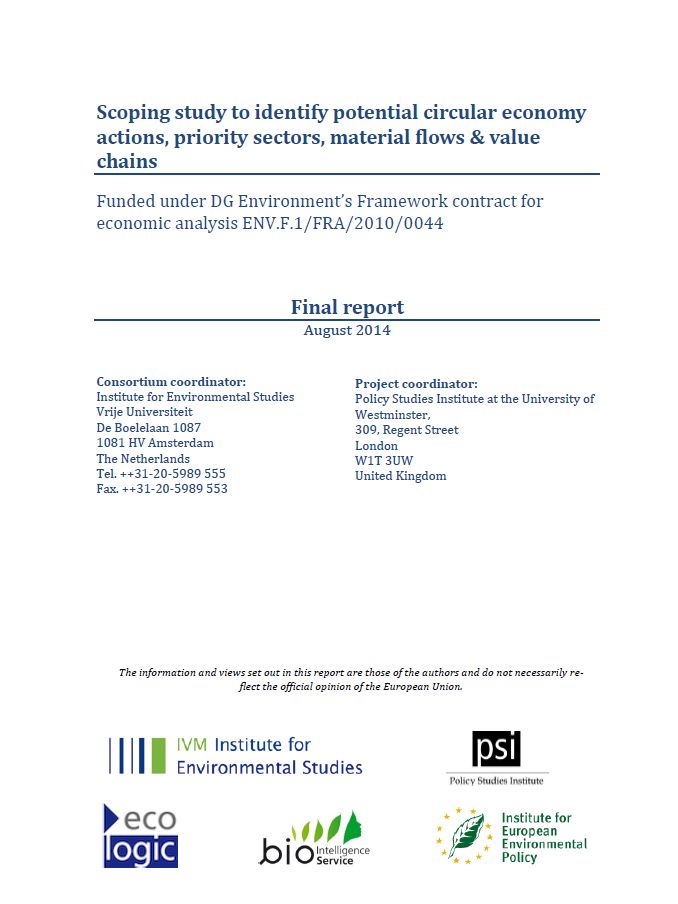Publication:Report
Publication:Report
Publication:Report
Publication:Report
Public Participation: Contributing to Better Water Management
Experiences from eight case studies across Europe
Year
Read morePublication:Report
RADOST Kommunale Anpassungsstrategien im Vergleich
Inhaltsanalytische Betrachtungen von neun Anpassungsstrategien in Küstenregionen
Year
Read morePublication:Report
Publication:Report
ENVI Relevant Legislative Areas of the EU-US Trade and Investment Partnership Negotiations (TTIP)
Study for the ENVI Committee
Year
Read morePublication:Report
Publication:Report
Publication:Report
Report on Drivers of Societal Processes of Energy Transition
Milesecure 2050 Deliverable 3.1
Year
Read morePublication:Report
Publication:Report
The Role of Law and Institutions in Shaping European Climate Policy
Institutional and Legal Implications of the Current Climate Policy Instrument Mix
Year
Read morePublication:Report
Proofing the European Commission's Competitiveness Proofing
For the GREENS/EFA Group in the European Parliament
Year
Read morePublication:Report
